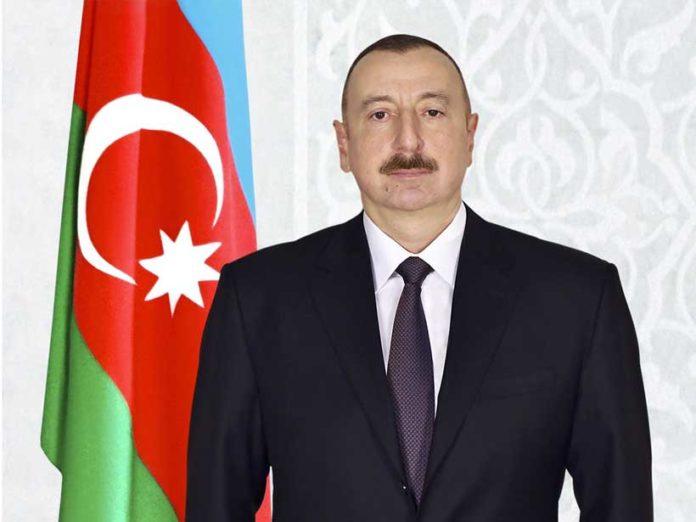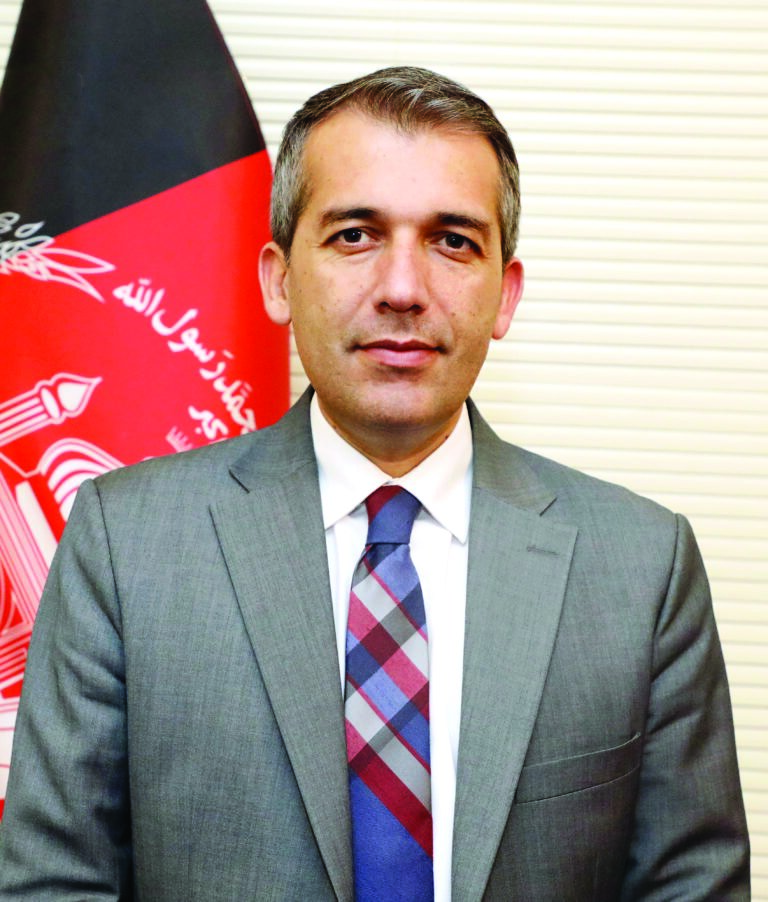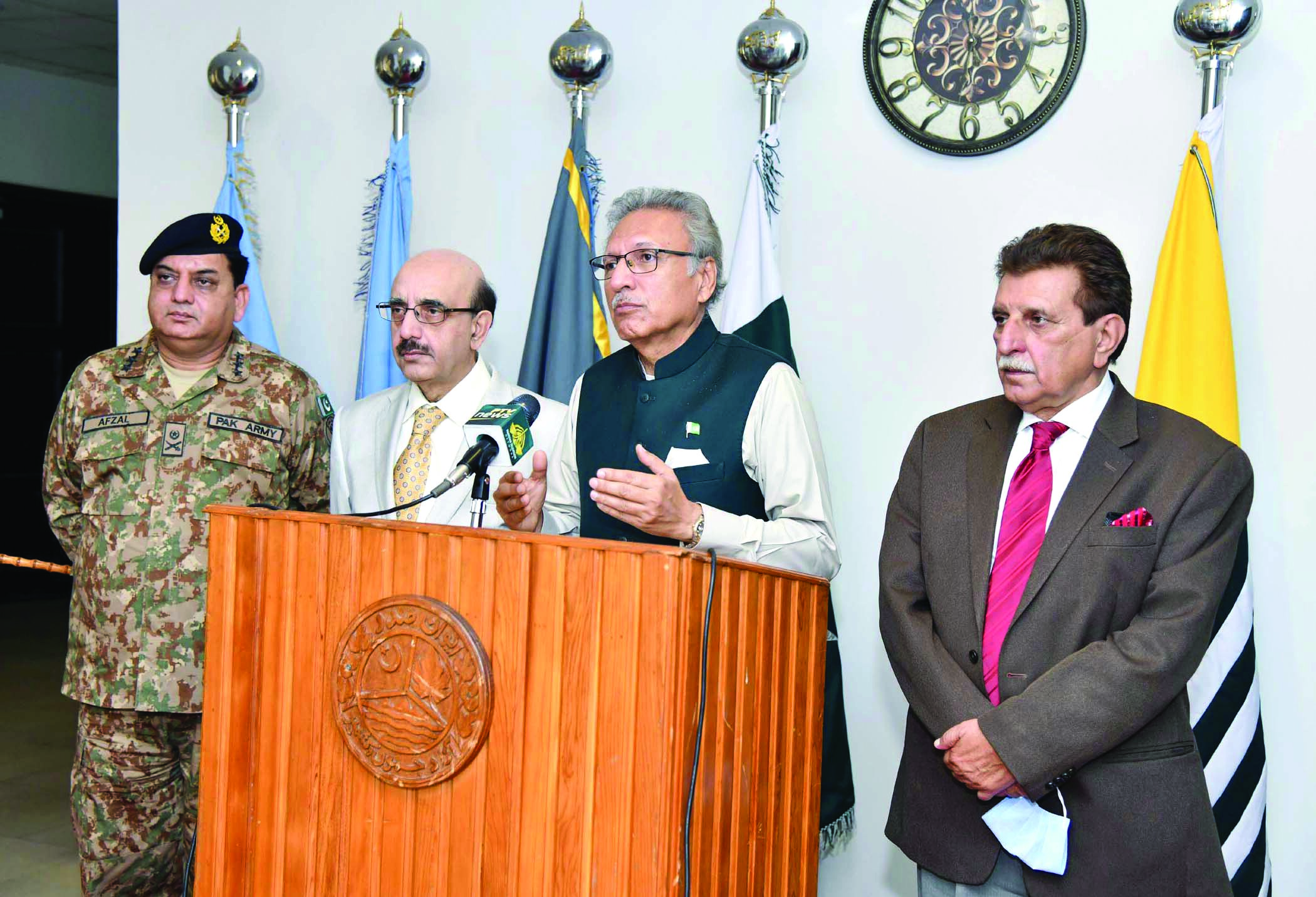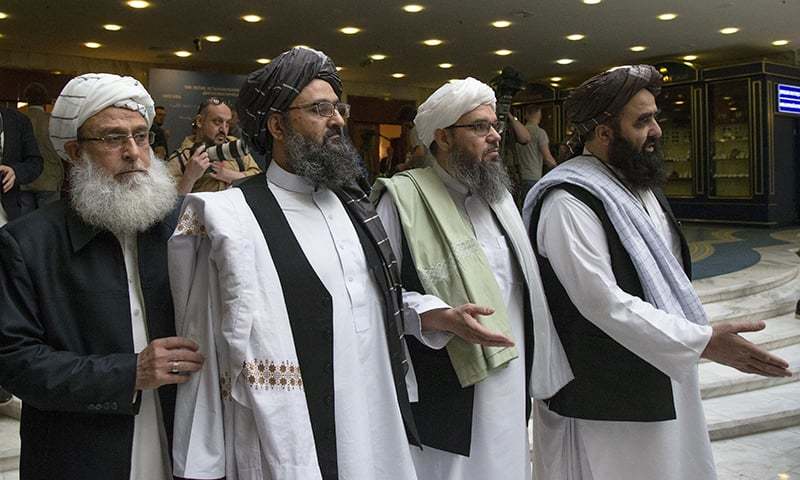Human civilization has been worshipping people’s resistance against cruelty, repression, abuse of authority, tyranny and military aggression since its inception. Subsequently, people who fought for independence, self-reliance, liberty, freedom, human rights and social justice became larger than life characters. People’s resistance brought drastic changes in the national histories of various nations, its resultant was full independence. The Republic of Azerbaijan and its people reaffirmed that independence could be achieved through holy martyrdom. Black January is the true reflection of martyrdom by virtue of which it succeeded in achieving full independence.
Model of Human Resistance
The tragic incident of “Black January” happened on January 20, 1990 when the city of Baku was attacked from all directions. 26,000 Soviet troops, directed by the Politburo in Moscow, stormed the city and began shooting indiscriminately. Over 170 innocent civilians, including children, women and the elderly were killed and a thousand more wounded in the bloodshed by heavily-armed soldiers.
Ultimate Outcome
Ultimately because of strong resistance of the Azerbaijan people the tanks lost and people became victorious. Bullets became ineffective against true brotherhood and ammunition was defeated by ethnic diversity of Azerbaijan multiculturalism. Helicopters failed to demoralize hopes of a brave people. This massacre achieved nothing but regional isolation and international condemnation for the USSR.
Human die-hard Spirits
The die-hard spirit of the people overtook the city which was under deadly attack and siege, ultimately the forces of the USSR had to leave the city. Subsequently, Azerbaijan declared independence on October 18, 2018. With decrees of the President of Azerbaijan Heydar Aliyev of December 16, 1999 all victims of the crackdown were awarded the title of “Martyrs of January 20”.
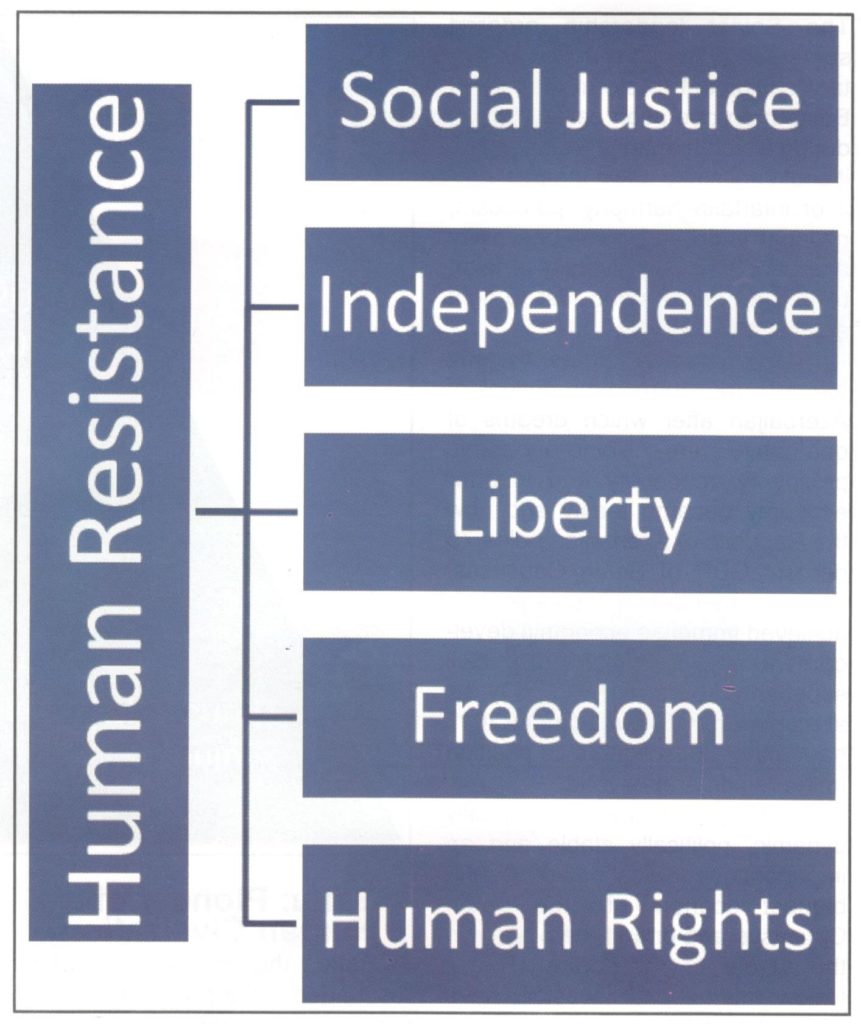
Black January: A Prime Example
Black January is the prime example of human nationalism, comprising of patriotism, determination, dignity and self-respect and courage to fight against all odds to achieve ultimate goal i.e. independence. Black January was not mere eleven words, it was bloodbath of common Azerbaijanis who refused to bow down against the military might of Soviet Union and ultimately perpetual coercion was badly defeated. Black January stands for Azerbaijan’s rich ethnic diversity wherein Muslims, Christians and Jews gave up their precious lives while defending the motherland. Black January proved to be first step towards complete independence. Martyrdom has multiplier effects because it involves Allah’s blessings as well.
Heydar Aliyev: Founder of the Modern Azerbaijan
The brutal regime utterly failed. After the massacre, tens of thousands young and old, men and women, Muslims, Jews and Christians filled the streets to mourn the victims and a general strike in honour of the dead shut down the city for 40 days. Heydar Aliyev, the founder of the modern Azerbaijan, came to the Azerbaijan SSR’s office in Moscow and denounced the bloodshed. His defiance helped to inspire the Azerbaijani people and Aliyev became a leader of the struggle for liberty. The brutal force could not stop the people of Azerbaijan from seeking their freedom, in fact it only increased their resolve to re-establish a free and independent Azerbaijan.
Failure of Operation Strike
Black January reflects sorrow as well as Azerbaijanis strength, struggle and success against all odds. The Soviet leadership ordered some 26000 troops with heavy military equipment to storm the city of Baku in an operation called “Strike” during which humanity was bled but it could not strike down the true spirit of interfaith harmony, patriotism, national pride and communal unity and people having diversity of faith, belief and origin stood fast to fight against all odds.
Black January carries tragedy too but it transformed the outlook of Azerbaijan after which dreams of qualitative life, socio-economic prosperity, modernity and smarter economy became reality and now the Republic of Azerbaijan holds 75 percent GDP of South Caucasus. Since independence Azerbaijan has achieved immense economic development, social compatibility, civil superiority and energy diversity. Its strategic economic road map 2017 has further consolidated its position in the region and beyond.
Azerbaijan is now economically dynamic, politically stable and an important geopolitical power. It is the biggest economy in the South Caucasus and one of the biggest in the whole of the former Soviet Union. International investors have been attracted by the country’s business climate and Azerbaijan has become the centerpiece of the Caspian oil and gas developments, vital for global energy security as well as other regional mega projects.
Victory of Humanity
Black January also portrays victory of humanity over vicious bloodletting, collective determination over indiscriminate cleansing and ultimately Azerbaijanis became victors with the result that the forces of darkness and evil and attackers of democratic norms, civil liberties and free will got diminished which showed values of die-hard spirits of economics of humanity too.
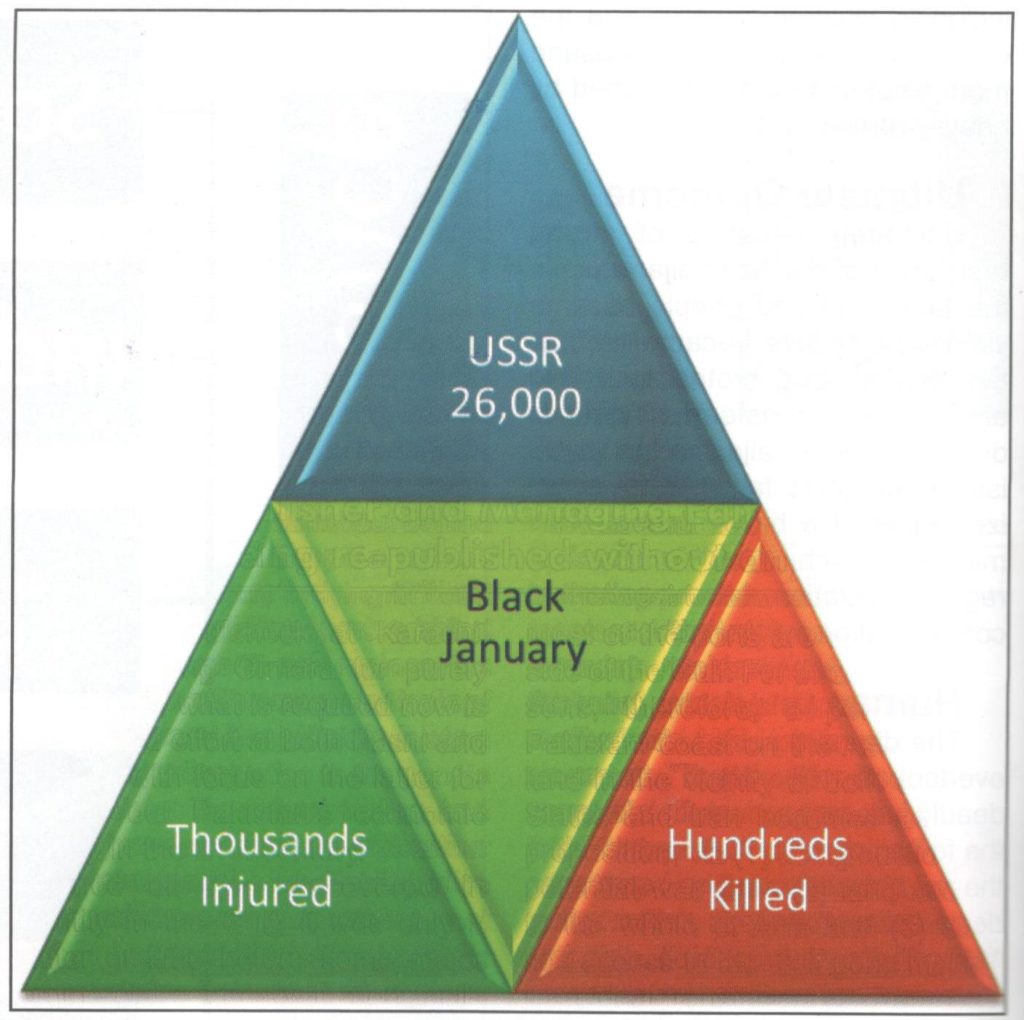
Baku: Pioneer of Human Civilization
Baku, the city of fire which resounded to the sound of gunfire in Black January, now resounds to the sound of construction as the city is transformed into a vibrant and modern outlook. Azerbaijan has become leader of cultural diplomacy, icon of multiculturalism, pioneer of Islamic values, and place for peaceful co-existence in the world. The streets upon which Soviet tanks had once roared are now filled with foreign tourists and journalists eager to see the sights of Baku. Black January 1990 was a paradigm shift for all of Azerbaijan in every respect.
Today, Azerbaijan is militarily strong enough to defend its territorial sovereignty and its freedom is solid and irreversible. Despite some efforts to undermine its sovereignty and return it to a state of dependency, the country is committed to its independent path and cannot be diverted from it.
In a report titled “Black January in Azerbaijan,” Human Rights Watch stated that the violence used by the Soviet Army on that night constituted an “exercise in collective punishment.” Its comprehensive report revealed that in their pursuit for higher casualties, the Red Army used the 5.45 mm caliber bullets with a shifted center of gravity, which upon entering a body spiral through the organs, causing excessive pain and internal bleeding, thus increasing chances of death.
Helsinki Human Rights Watch
Helsinki Human Rights Watch revealed the Soviet brutality of January 20, 1990 during which its army intentionally crushed unarmed peaceful civilians under their tanks. Medical personnel, ambulances and even hospitals were targeted. Hundreds of civilians were killed, including innocent children, women and elderly, people of different ethnic and religious backgrounds, Muslims, Christians and Jews. The soldiers sacked and burnt 200 houses and apartments, 80 automobiles, including ambulances and State and private property. It was an act of state terrorism and s crime against humanity.
“Black January” marked the beginning of the end of the Soviet rule in Azerbaijan, and eventually caused cracks in the foundations of the Soviet statehood. Millions of Azerbaijanis and friends of Azerbaijan visit Martyrs’ Alley in the Azeri capital Baku every year to pay tribute to the memory of the victims who laid down their lives for the country’s independence.
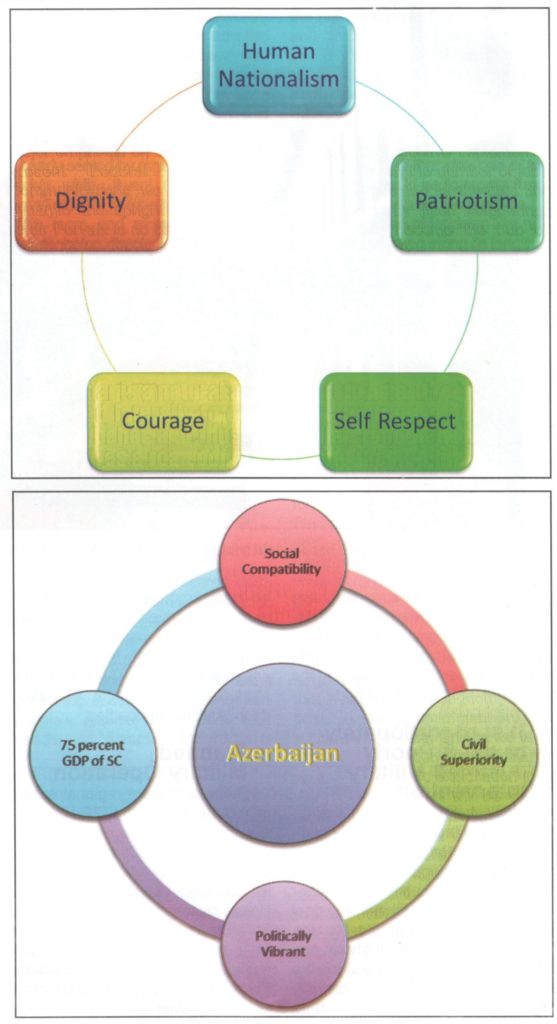
Azerbaijan’s Peaceful Political Struggle
Azerbaijan stands for peaceful political struggle and has always adopted non-violent means to achieve its goals. The Popular Front of Azerbaijan, a political organization (APF) played a key role in formulating national ideology and demanding independence from the declining Soviet Union. The movement was inspired from the brief experience of national independence in 1918-1920 under the Azerbaijan Democratic Republic (ADR).
Martyrs of Black January 1990
The Martyrs of Black January 1990 are the real heroes and sons of the motherland, Azerbaijan who defended the freedom and liberty with bravery, and became larger than life characters. These Martyrs are still alive in the form and shape of Azerbaijan’s irrevocable independence, uncompromising sovereignty and sustained socio-economic prosperity and the last but not the least, unbending national pride.
Disproportionately brutal & Poorly Justified Military Intervention
Black January in which disproportionately brutal and poorly justified military intervention massacred the common people served to increase national sentiments rather than put an end to the national movement. The reaction to the intervention was one of shock and outrage. For the first time since the beginning of the Karabakh conflict, all major political forces were united in common grief. The value of martyrdom drives from Islamic culture. Dying for a cause is important in the history of humanity and especially in Islam. The Alley of the Martyrs is the triumph of nation despite all its lost battles.
Planned Military Operation
Being prominent regional expert on Azerbaijan and the CIS I personally think that military operation of January 20, 1990 was a totally planned and calculated act. It took its roots back to 1988. As the Soviet Union rapidly withdrew its forces from Eastern Europe, the spill-over from the 1989 upheavals began muffled throughout the Soviet Union. Black January was the continuation of earlier Soviet attacks on civilians in Almaty and Tbilisi in 1986, 1989 respectively and followed by use of force in Vilnuis, Lithuania.
Various research studies/ papers, articles of magazines/ journals and news items clearly reconfirmed that before the Black January incident political bodies and the Azeri Supreme Soviet were paralyzed. Weapons were gathered from militia employees under the pretext of population disarmament. Flows of information were stopped and Soviet authorities blocked electronic transmissions of televisions in Azerbaijan on January 19 in order to deprive the population from getting information. Foreigners were not allowed to enter to the city and western reporters were banned from traveling to Baku to cover the events. Soviet Defense and Interior Minister and military officials personally visited Baku a few days before for realization of this calculated terrorist attack. Soviet reservists which was prepared for the special mission, had been mobilized and sent to the region exactly for fighting. Most of the Soviet militants were orphans prepared for the special mission.
Fall of Mikhail Gorbachev
I personally think that Mikhail Gorbachev and his Politburo’s use of force in Baku was nothing but a desperate attempt to stop dissolution of the Communist rule in Azerbaijan. The Soviet Army was trying to rescue the totalitarian regime, the rule of Communist Party and Soviet Empire. The Empire, whose foundations started to shake since 1985, had the last chance of survival. Moreover, the January 20 events played a decisive role in awakening national consciousness. It was the final attack by the Soviet Army to try to preserve its position. It was the fight between communism & anti-communism, between democracy & totalitarianism. The event helped unify the country and create a national identity, where previously none had existed.
Day of Martyrs
People of the Republic of Azerbaijan celebrate January 20 as the day of martyrs every year and pay tribute to their martyrs. They also commemorate the achievements in the years since as an independent nation, and acknowledge that January 20 1990 for all its bloodshed, was the first vital step towards Azerbaijan’s freedom. It was a state terrorism and crime against humanity on part of former USSR. It marked the beginning of the end of Soviet rule in Azerbaijan.
“Black January was the turning point for all Azerbaijanis who abandoned Soviet identity and becoming citizens of the independent Republic of Azerbaijan at a time when such independence still seemed unreachable. It also resounds with heroism of the common people, a newlywed couple and children shot by soldiers and to bullet-ridden ambulances. It showed height of dutifulness and responsibility on part of doctors, nurses and paramedical staff who died protecting their patients.
Black January also upholds grief which has enduring human befitting propositions. It united the people of Azerbaijan despite ethnic diversity and strengthened their resolve to achieve independence. Ultimately, it sustained values of faith, courage, and the strength of human spirits which are universal and everlasting. It was act of perseverance and will to move on and move forward towards a better life, a life of freedom, fairness, tolerance and peace and it had also left an even stronger and even greater impression in daily lives of people to centralization of command to national politics to the regional geopolitics.”
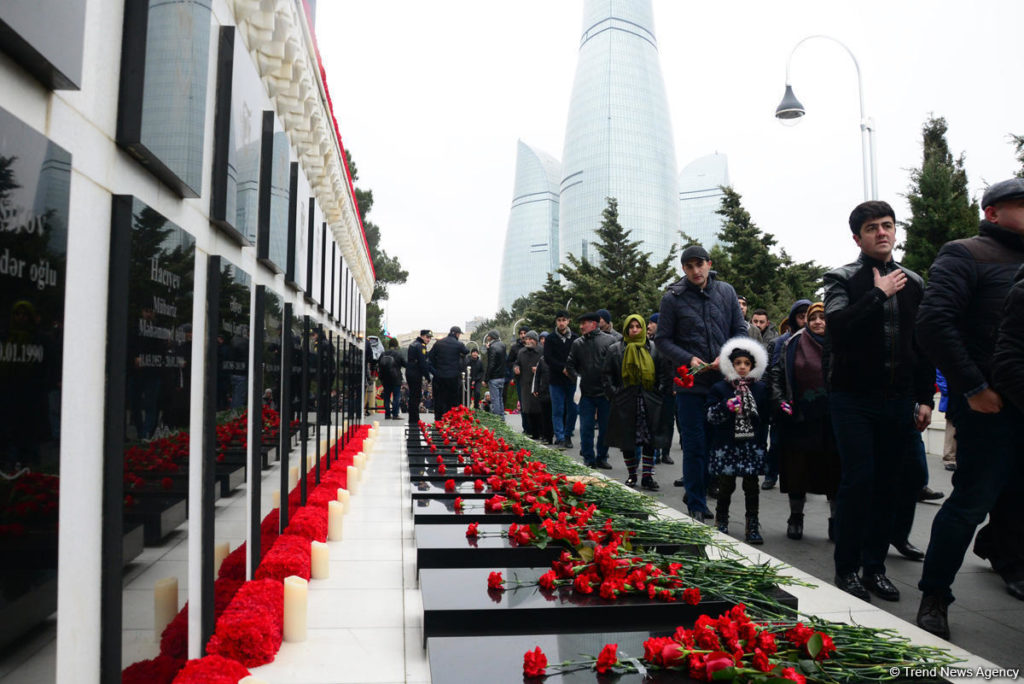
Human Blood & Martyrdom
Human blood is a scared commodity and martyrdom is zenith of it. Martyrdom is a special blessing of Allah Almighty which gives life to a just cause. It dominates over destruction and destructive forces. It controls over coercion. It strengthens people’s resolve and purifies their needs and dreams. Martyrdom is the path towards eternal happiness and harmony, purity and progress, security and economic sustainability, dignity and development, greatness and growth and above all humanity and hope. Black January highlights the strategic importance of martyrdom and martyrs
Black January upholds the significance of “Economics of Humanity” which cares about people’s needs and dreams. It has multiplier socio-economic effects. It brings some delight to all the people living under a deadly military operation around the globe. True human spirits for a just cause is an unending phenomena and doctrinaire fixture. Black January is total sum of die-hard human spirits and Azerbaijan has already witnessed it in 1990.
January 20th 2019 marks the 29th anniversary of the military invasion and brutal killing of civilians in the city of Baku, Azerbaijan by the forces of the former Soviet Army. Black January stands for martyrdom and miraculous human courage, resistance, denial of aggression and state terrorism which led to restoration of independence of Azerbaijan from 70 year former Soviet rule.
Black January now serves as an example and a hope to the victims of tragedy and brutality the world over that even in the face of the worst possible cruelty they may soon know a future of peace and freedom.


